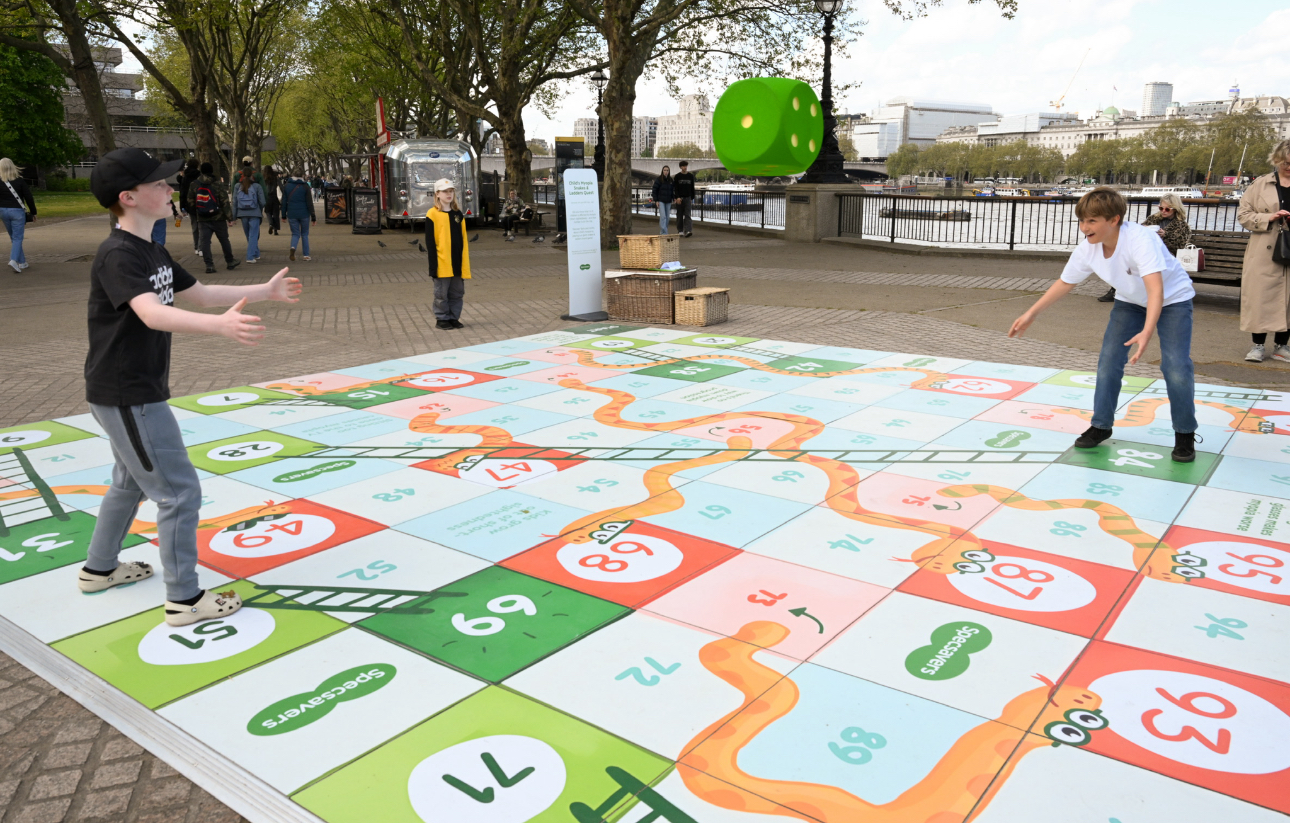Children in London are spending an average of 48 hours a week indoors – and about a third of that time is spent staring at screens, according to new research.
The findings have sparked concerns among health experts, with 72% of parents in London worried about how much time their children spend on devices. Despite this, many parents do not recognise the early signs of vision problems like myopia, or short-sightedness – a condition that is becoming increasingly common among young people.
Myopia already affects one in three children globally, and excessive screen use and lack of natural daylight have been identified as major risk factors. Specsavers has launched a new awareness campaign to highlight the importance of eye health and encourage families to prioritise time outdoors.
“Children’s eyes are still developing, which makes them particularly vulnerable to the effects of extended screen use,” said Specsavers Optometrist, Dr Nigel Best. “The good news is that early action really can make a difference. Regular eye tests are vital in spotting the signs of myopia early and can help slow its progression.”
The study, which surveyed parents of children aged 6 to 14, found that children in London spend around two and a half hours each day on smartphones, tablets or watching TV. While 63% of parents wish their children spent more time outdoors, 38% said their children simply prefer screens.
In areas like Harrow, where families are often surrounded by parks and green spaces, the push for outdoor activity could offer a straightforward way to support better eye health. However, the data shows that indoor screen habits are dominating – with TV (58%) and gaming (57%) topping the list of activities.
There are signs that screen time is already having an impact. Nearly a third of parents in London said their child has suffered headaches from using screens, and others reported eye rubbing (26%), eye strain (22%), sore eyes (15%), and difficulty seeing the board at school (14%).
Despite 77% of parents fearing screen time may be harming their children’s eyesight, only 70% know what symptoms to look out for – such as squinting, headaches, or sitting too close to screens.
“Our optometrists see first-hand the impact prolonged screen use is having on children’s eye health,” added Dr Best. “We’re encouraging parents to look out for early signs of myopia and to prioritise time outdoors, which has been shown to help protect children’s vision.”
To help raise awareness, Specsavers recently set up a giant outdoor snakes and ladders game on London’s South Bank, aiming to educate families about myopia through a fun, interactive experience.
Dr Best said: “We want to empower families with knowledge and encourage them to take that first step by booking a free eye test. One key tip to remember is the 20-20-20 rule: every 20 minutes, encourage your child to look at something 20 feet away for 20 seconds. With myopia cases rising, early diagnosis has never been more important.”
With more than a third of families now planning extra outdoor time and introducing screen limits, it’s a message that may start to gain traction – especially in boroughs like Harrow, where outdoor spaces could play a key role in promoting healthier habits.
Never miss another news story, subscribe to Harrow Online for FREE!
